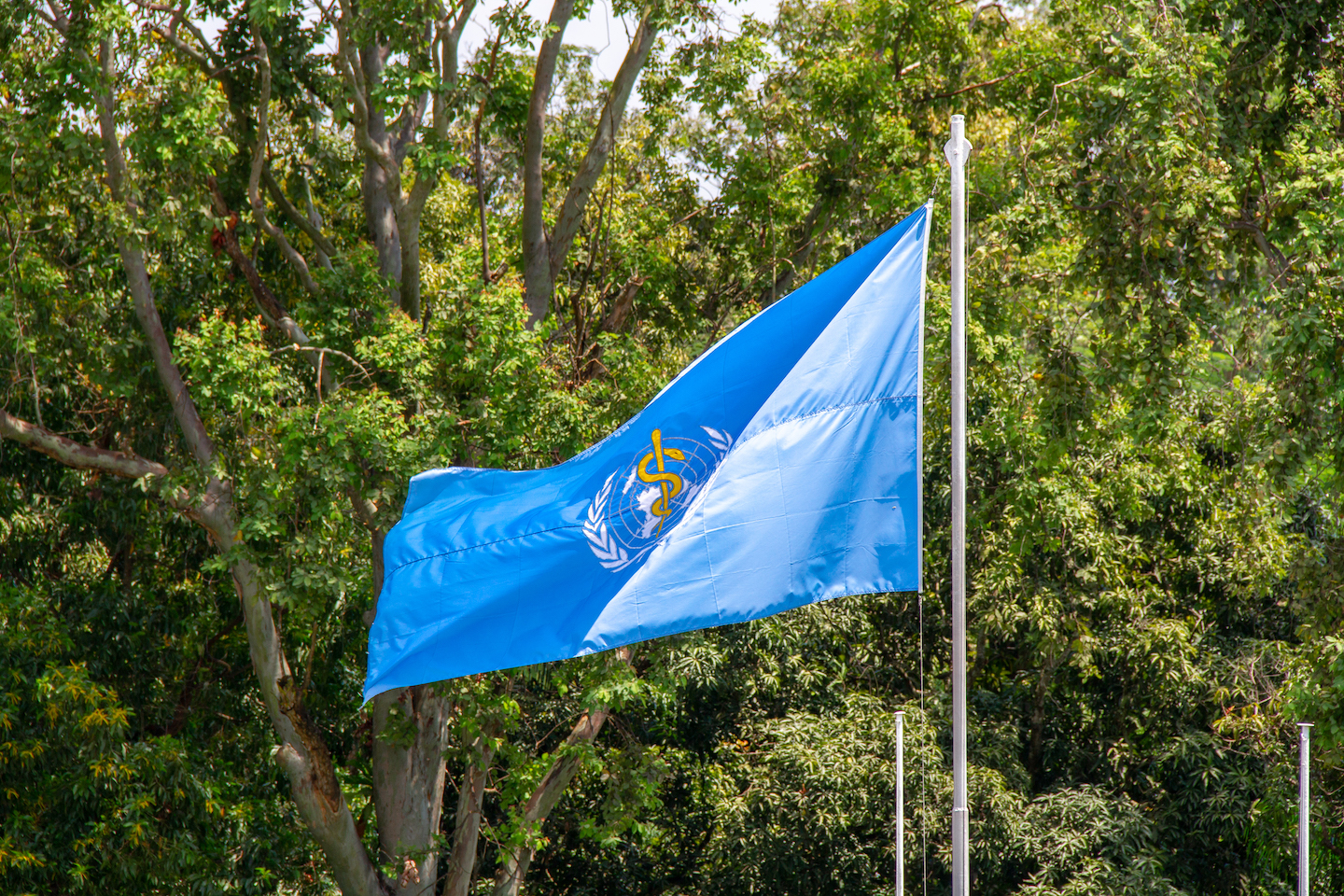
Brazzaville - My heart goes out to the women and girls who have suffered from the deep-rooted cultural and traditional sensitivities surrounding Female Genital Mutilation (FGM). This sensitive issue affects not only The Gambia but more than 200 million girls and women alive today who have undergone FGM in 30 countries in Africa, the Middle East, and Asia, where FGM is most prevalent.[1]
Evidence shows that FGM has no health benefits. Instead, it causes harm, including poor wound healing, mental health issues, gynaecological and urological complications, stillbirths, increased obstetric intervention such as episiotomies and cesarean sections, and maternal morbidities like prolonged labour, obstetric tears, and bleeding during childbirth.1,2,3
Some people still believe that by medicalizing or having a health worker carry out FGM, they are preventing harm.4 However, FGM is a harmful practice regardless of who performs it, and there is no medical justification for performing it.
Despite the global efforts to eradicate the practice, more than 3 million girls and women are still at risk every year. If our efforts to prevent FGM are not scaled up, this number is expected to rise to 4.6 million girls by the year 2030.1 In the Gambia, an estimated US$ 4.5 million is spent annually to treat complications arising from FGM,5 representing over 10% of the government's spending on health in 2021.6
We have made good progress in many countries regarding FGM over the past few decades, with 1 in 3 girls undergoing FGM now compared to 1 in 2 girls 30 years ago.7 In the Gambia, millions of women and girls have received protection and care services related to FGM since the enactment of the 2015 Women’s (Amendment) Act, thus improving their sexual and reproductive health and rights.
The recent introduction of a private member bill aimed at repealing the Act could reverse these gains and put the health and well-being of millions of women and girls at risk. Repealing the Act would not only violate the protection of women and girls' human rights, but it could also encourage other countries to disregard their duty to protect these rights.
This action would be against international human rights conventions and Gambia's obligations to these international conventions.8 These conventions call for Member States to take action to prevent FGM and ensure high-quality care for women and girls already affected.
While I acknowledge the cultural and traditional sensitivities around FGM, we must also recognize the physical, psychological, and health damage it inflicts on girls and women.
We must continue to prioritize the protection of women and girls from harmful practices and promote their rights to a healthy and safe life.
WHO and its partners will continue to support a zero-tolerance approach for FGM, including against the medicalization of FGM as described in the Global Strategy.
As trusted and respected members of the community, I call on health workers to advocate against FGM and not perform it. Performing it legitimizes and perpetuates the practice and undermines abandonment efforts. Medicalized FGM violates medical ethics and health workers’ commitment to the principle of “Do no harm”.
I call on all stakeholders, including political leaders, healthcare providers, civil society organizations, and community leaders, to take concrete actions to change societal attitudes that perpetuate FGM in The Gambia. We must advocate for the health and well-being of women and girls, and ensure that necessary resources are allocated to support them. We also need to push for legal frameworks that protect their rights. By working together, we can create a future where every woman and girl is free from the threat of FGM.
[1] Female Genital Mutilation- WHO Fact Sheet, Febraury 2024, https://www.who.int/news-room/fact-sheets/detail/female-genital-mutilat…
2 Bonavina G, Lina Spinillo S, Sotiriadis A, Bulfoni A, Kaltoud R, Salvatore S, Candiani M, Ivo Cavoretto P. Effect of type III female genital mutilation on obstetric outcomes: A systematic review and meta-analysis. Heliyon. 2024 Apr 8;10(8):e29336. doi: 10.1016/j.heliyon.2024.e29336.
3 Kaplan A, Forbes M, Bonhoure I, Utzet M, Martín M, Manneh M, Ceesay H. Female genital mutilation/cutting in The Gambia: long-term health consequences and complications during delivery and for the newborn. Int J Womens Health. 2013 Jun 17;5:323-31. doi: 10.2147/IJWH.S42064.
4 Kaplan Marcusán A, Riba Singla L, Laye M, Secka DM, Utzet M, Le Charles MA. Female genital mutilation/cutting: changes and trends in knowledge, attitudes, and practices among health care professionals in The Gambia. Int J Womens Health. 2016 Apr 12;8:103-17. doi: 10.2147/IJWH.S102201.
5 Tordrup D, Bishop C, Green N, Petzold M, Vallejo FR, Vogel JP, Pallitto C. Economic burden of female genital mutilation in 27 high-prevalence countries. BMJ Glob Health. 2022 Feb;7(2):e004512. doi: 10.1136/bmjgh-2020-004512. http://srhr.org/fgmcost/wp-content/uploads/2022/12/Gambia.pdf
6 Global Health Expenditure Database, https://apps.who.int/nha/database/ViewData/Indicators/en%20accessed%20Aril%2022/en Accessed April 24, 2024
7 United Nations Children’s Fund, Female Genital Mutilation: A global concern. 2024 Update, UNICEF, New York, 2024 (https://data.unicef.org/wp-content/uploads/2024/03/FGM-Data-Brochure-v13.4.pdf)
8 Sustainable Development Goals 5.3, World Health Assembly resolution 61.16, United Nations General Assembly Resolution A/RES/67/146, Convention on the Rights of the Child (CRC), Convention on the Elimination of All Forms of Discrimination against Women (CEDAW), and the Maputo Protocol.


